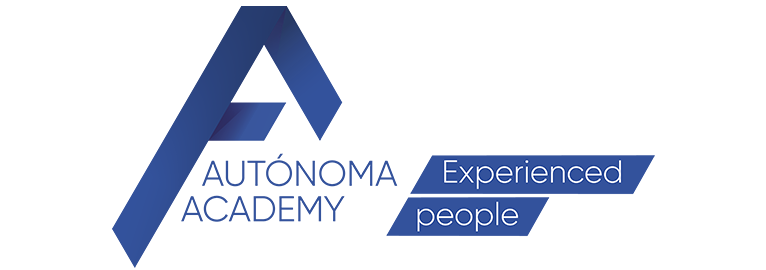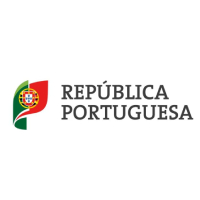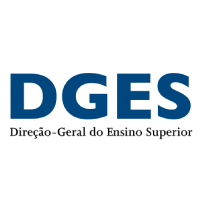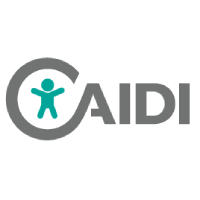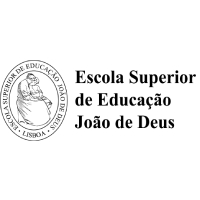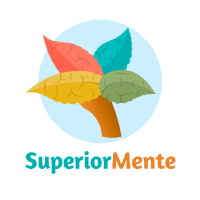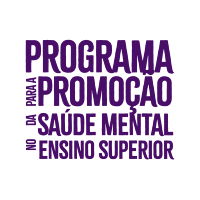Assessment Strategies
The different moments and forms of assessment play a decisive role in learning, far beyond a final certificate. They guide students’ efforts, consolidate learning and give meaning to teaching goals. Proper assessment is therefore one of the most demanding responsibilities of higher education teaching, based on clear criteria, pedagogical coherence and appropriateness to the context.
This programme proposes a practical and reflective approach to assessment strategies, combining theoretical foundations with application in real teaching contexts. Over the course of four missions, participants will be challenged to develop a personal and well-founded vision of assessment, explore different instruments and methodologies, integrate generative artificial intelligence in a critical and responsible way, and build an assessment plan that is consistent with learning objectives and the principles of equity, reliability and ethics.
More than offering ready-made answers, this program invites us to think of assessment as a demanding, situated and evolving practice. The training need accelerated by the digitalization processes of the national and international market created a pedagogical gap that this training responds to with 6 curricular units.
The course takes place in a 100% digital format with synchronous classes.
Successful completion of this training program enables participants to:
Describe the different perspectives of approaching assessment in a teaching-learning context, critically evaluate them and adopt a personal view on them.
Combine different instruments, occasions and agents to develop effective assessment approaches tailored to students’ learning objectives.
Framing the use of generative AI by students in assessment activities through methods and instruments that not only neutralize its fraudulent use but also enhance learning.
Use generative AI to improve your own efficiency and effectiveness as an evaluator.
Identify and comply with ethical principles applicable in the evaluation, particularly with respect to the use of generative AI.
Plan and schedule an assessment program for a semester course combining the different multidimensional assessment instruments and techniques discussed so far.
Develop a personal development plan as an educator and assessment agent.
Higher education teachers
MODULES
Mission 1: Fundamentals: what is the purpose of assessment?
- Fundamental concepts: summative and formative assessment, diagnostic, embedded.
- Assessment of learning from individual and organizational perspectives.
- Types of learning and forms of assessment.
Mission 2: Approaches, instruments and agents
- Evaluation in the context of active and participatory methodologies.
- Importância dos objetivos de aprendizagem na avaliação.
- Inventory and critical discussion of different instruments.
- Participants in the assessment.
- Objectivity, reliability and equity: difficulties and approaches.
Mission 3: Generative AI Opportunities and Threats
- Dealing with generative artificial intelligence (GAI) in assessment: challenges, restriction strategies vs. utilization strategies.
- IAG, creativity and critical thinking.
- IAG as an evaluator’s tool: potential, limits, transparency.
Mission 4: Planning the evaluation: objectives and moments
- Biases and heuristics and impartiality of assessment.
- General principles of an ethically responsible assessment (in particular when using the IAG).
- Repetition and interpolation techniques of assessments used to reinforce learning.
- Structure of an integrated assessment plan throughout an academic semester.
Ana Teresa Neves (ESE João de Deus)
João Paulo Feijoo (Autónoma Academy)
Next Issue: June 30, 2025
Teaching regime: Online
Duration: 24 (asynchronous) and 8 (synchronous)
ECTS: –
Schedule: Mondays, 17:00 – 19:00
- Application: €50
- Registration: €50
- Certificate of qualifications: €25
- Tuition fee: €400
Copy of Qualification Certificate
Color photograph
Curriculum vitae (summary)
